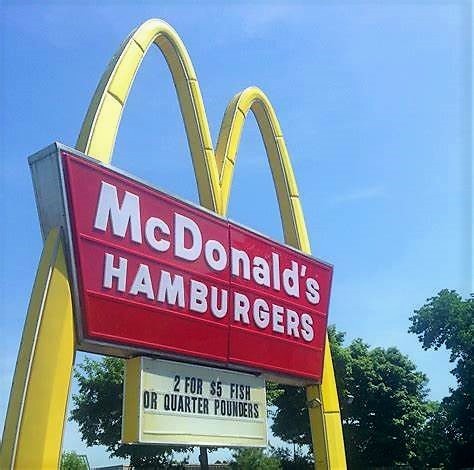 A former shift manager at McDonald’s has filed a race discrimination lawsuit against his former employer for failing to protect him from a pattern of harassment by his supervisor and a co-worker. As a race discrimination attorney, if I had a case with these facts, I’d feel pretty good about my client’s chances.
A former shift manager at McDonald’s has filed a race discrimination lawsuit against his former employer for failing to protect him from a pattern of harassment by his supervisor and a co-worker. As a race discrimination attorney, if I had a case with these facts, I’d feel pretty good about my client’s chances.
What does racial harassment at work look like?
Anthony Green was only 17 when he started working at McDonald’s. Not long after that, according to his lawsuit, he overheard a white co-worker using the n-word at work. Green reported it to his supervisor, wisely doing it in writing. At the same time, he asked not to be scheduled with the co-worker again.
But McDonald’s refused and took no action to protect Green from further racial harassment. So the co-worker “continued to repeatedly use racially harassing language” towards Green, calling him racially charged terms like “boy.”
It gets worse. Not only did Green’s supervisor fail to stop the harassment, she joined in. According to the lawsuit, she criticized the way he wore his hair–a thinly veiled reference to race. She also allegedly told Green that she disliked people “outside” her race. The manager even went so far as to tell Green the only reason he wasn’t fired for complaining of harassment was because she didn’t want him to play the “Black card.”
It’s too early to know how the case will play out. But if half these allegations are true, Green has strong evidence of race discrimination.
Common signs of race discrimination at work
Sometimes race discrimination in employment is hard to prove. And sometimes not. The McDonald’s lawsuit is interesting because it has so many of the hallmarks a race discrimination attorney would look for in a case:
- Repeated racial slurs by a co-worker.
- Management ignoring the complaint about the racial slurs, leading to further harassment.
- A supervisor making several racist comments.
- Management threatening retaliation against the employee for complaining, while explicitly referencing his race.
If it was only the co-worker harassing the plaintiff with the N-word and other slurs, and the company failed to respond, that could be a very strong case. Here, the supervisor not only let the harassment continue, but made racist comments of her own. If these facts are true, McDonald’s is going to have a pretty tough time defending this case. The fact that management knew of the harassment and not only didn’t stop it, but condoned it, will likely mean the employer is liable for the harassment.


Leave a Reply